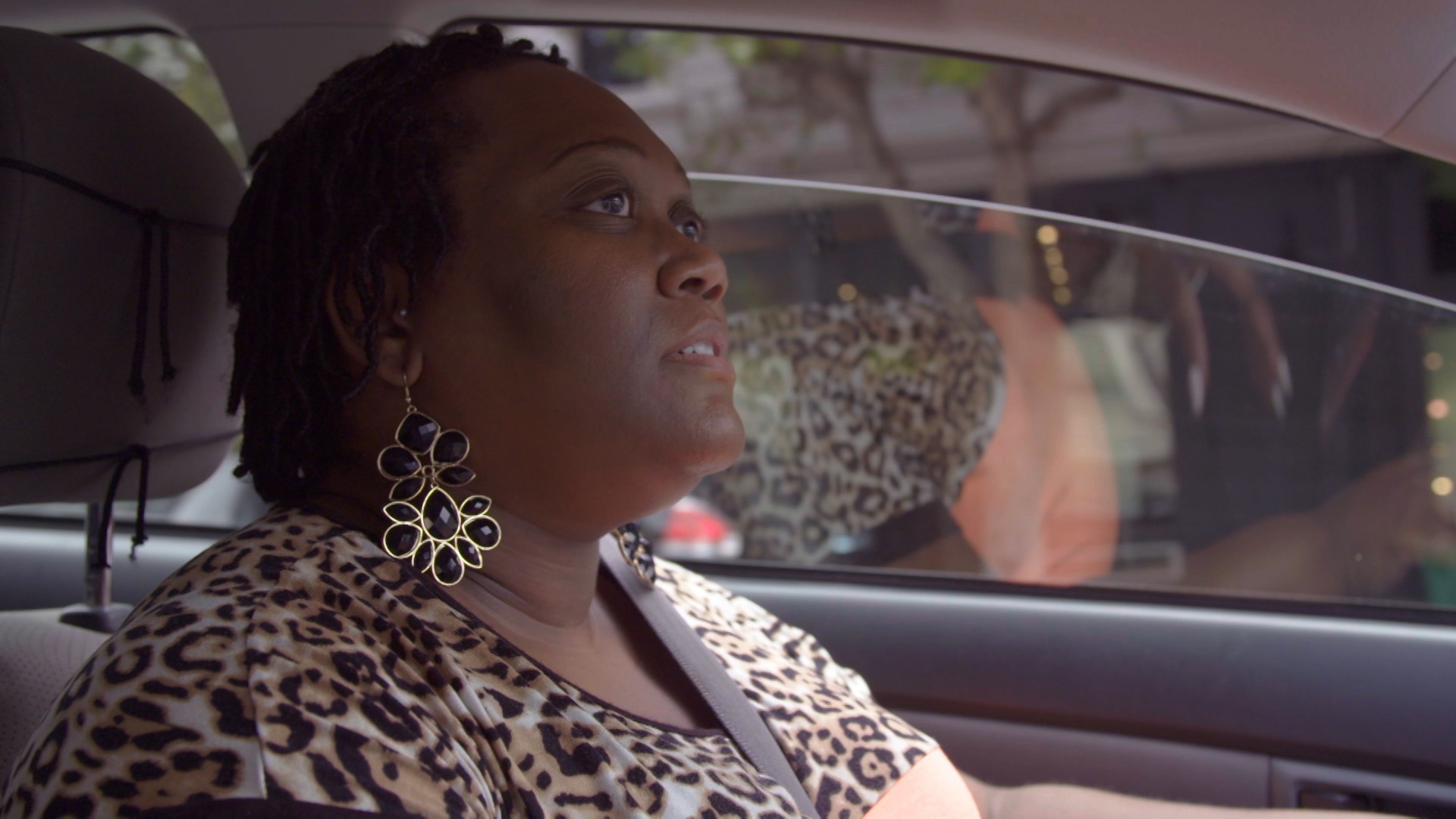Nearly 6,000 people claimed they were sexually assaulted during an Uber ride in 2017 or 2018 — with almost 500 of those reporting they were raped.The details come in an industry-first report from the ride-hailing service that details the safety reports it received from passengers and drivers following the 2.3 billion U.S. trips taken in Ubers during those two years.Uber has voluntarily released the figures after what it says was an exhaustive 21-month investigation that saw it trawl through hundreds of thousands of reports in order to verify the data.The company says that while the figures may be shocking, they represent less than 0.1 percent of all Uber rides taken over the two-year period. It also points out that while the number of reports increased from 2017 to 2018 (2,936 vs. 3,045), this represented a 16 percent drop in reports given the large increase in the number of rides undertaken (1 billion vs. 1.3 billion).Uber, which launched in 2009 but has yet to turn a profit, has faced an increasing set of problems in recent years, from striking drivers and a failure to have its license renewed in London, to the death of a pedestrian by one of the company’s self-driving cars.The voluntary publication of the data on sexual assault suggests the company is trying to get ahead of any possible negative headlines about passengers who are assaulted.“Voluntarily publishing a report that discusses these difficult safety issues is not easy," Tony West, chief legal officer at Uber, said in the report. “Most companies don't talk about issues like sexual violence because doing so risks inviting negative headlines and public criticism. But we feel it's time for a new approach.”The company will now face pressure to release similar data for its other major markets, including India, where it has faced criticism for not conducting strict enough background checks on drivers. One woman who was raped by an Uber driver sued the company in 2017, claiming it had attempted to cast doubt on her claims. Cover: This Tuesday, June 12, 2018, file photo shows the Uber app on a phone in New York. Uber on Thursday, April 18, 2019, said that it is releasing a new feature to help riders ensure they’re getting into the right vehicles. The development comes several weeks after a University of South Carolina student was killed after getting into a car she had mistaken for the Uber ride she hailed. (AP Photo/Richard Drew, File)
Cover: This Tuesday, June 12, 2018, file photo shows the Uber app on a phone in New York. Uber on Thursday, April 18, 2019, said that it is releasing a new feature to help riders ensure they’re getting into the right vehicles. The development comes several weeks after a University of South Carolina student was killed after getting into a car she had mistaken for the Uber ride she hailed. (AP Photo/Richard Drew, File)
Advertisement
Advertisement
The report was published on the same day that 19 women joined dozens of others in suing Uber’s main rival Lyft, claiming the company didn’t do enough to protect its customers from sexual violence.READ: Uber CEO on Saudi Arabia’s murder and dismemberment of Jamal Khashoggi: we all make mistakesSexual-violence victim charities have welcomed Uber’s report, saying that without industry making this data public, the full scale of sexual violence won’t be known.“All too often we have seen institutions respond to this reality by dismissing, denying, and downplaying the data and the broader problem,” Karen Baker, the CEO of the National Sexual Violence Resource Center, said in a statement accompanying the report. “A 2019 national study found that 81 percent of women and 43 percent of men report experiencing some form of sexual harassment and/or assault in their lifetime — the research speaks for itself, and it is irresponsible and unconscionable to deny the pervasive harms experienced by so many.”However, experts have warned that the figures in Uber’s report are likely only a percentage of the true figure, given people’s reticence in reporting these crimes — something Uber itself accepts.READ: “I drive until I’m exhausted every day": Uber drivers tell us why they're striking“One must consider the societal reality of potential underreporting, particularly for incidents of sexual assault, which has been widely documented in external research,” Uber said in the report.The Rape, Abuse & Incest National Network (RAINN) said that “understanding the problem is an important step in solving it, and we’d love to see organizations in every industry track and analyze misconduct.”Uber partnered with the National Sexual Violence Resource Center and the Urban Institute to create a classification system for the reported sexual offenses, and the company says it will make the system open-source so that other companies can use it to improve safety for their own customers.

